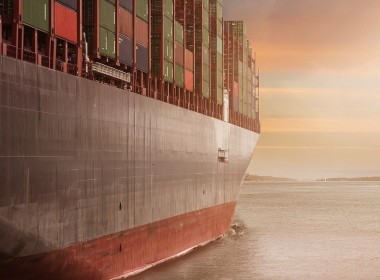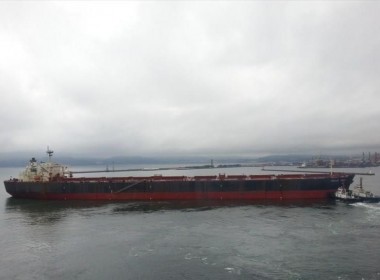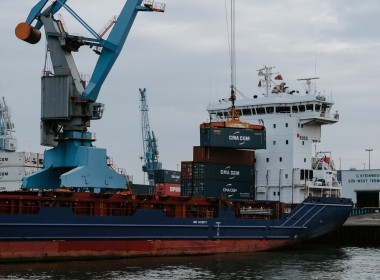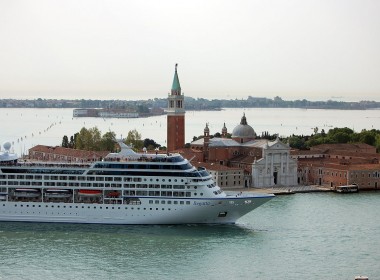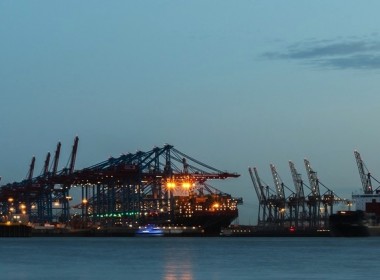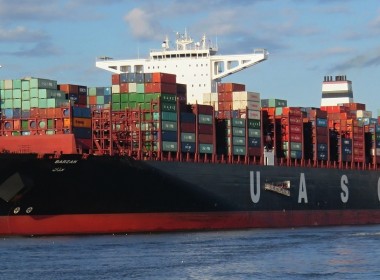COLUMN | Staying mum on pirate problems [Grey Power]
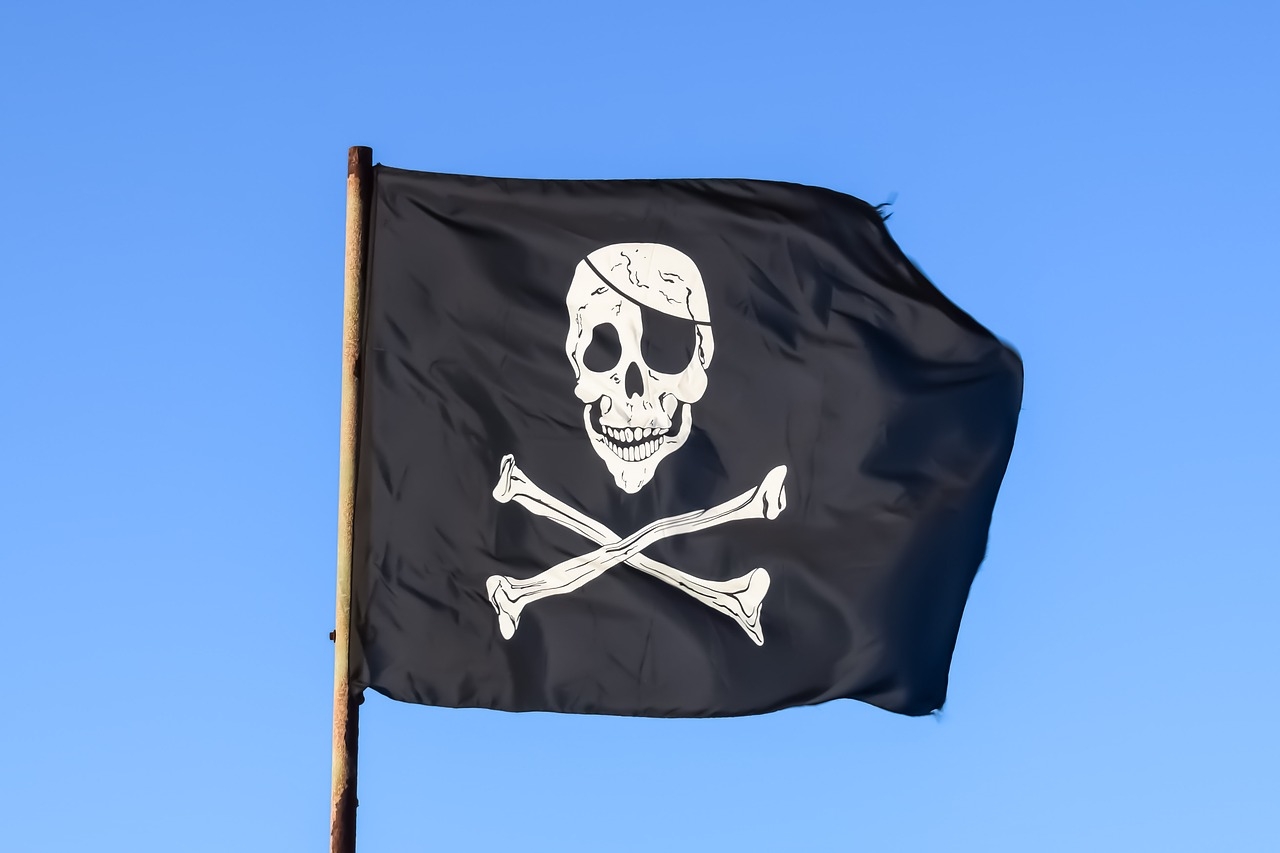
I never sailed in the West African trades, but I know several people who looked back with the fondest memories of voyages to that part of the world, with ships being worked in roadsteads; cargo loaded and discharged using surfboats and the seamanship exhibited by the cheerful locals who handled these boats.
Now, of course, there are proper ports, the people are just the same, but any voyage to the Gulf of Guinea today tends to be dreaded, because of the risk of the ship being attacked by pirates. It is a different sort of piracy to that which disfigured the western shores of the Arabian Gulf until recently, and which has largely been suppressed by a combination of naval patrols and armed guards on merchant ships. The Somali pirates were looking to capture ships and hold them to ransom. Those in the Gulf of Guinea are exceedingly violent, heavily armed and will hold crew members against the payment of ransom and kidnap people with force, leaving then seriously traumatised.
The regular statistics of the International Maritime Bureau paint a gloomy picture of the piracy situation in the Gulf of Guinea. Last year there were six hijackings, 13 ships fired on, 78 seafarers kidnapped and 130 taken hostage. The attacks have continued this year unabated.
A product of high crime levels ashore and regional instability in the Niger Delta, along with the preoccupation of national governments with major terrorist problems inland, the Guinea pirates represent a worsening problem. In a huge country such as Nigeria, with Boko Haram and the “Africa” branch of Islamic State causing mayhem in the north and the displacement of more than two million people, the situation on the coast and offshore waters appears to pale into insignificance in government priorities. It is no comfort to mariners afraid of an attack, but makes the present unsatisfactory situation at least more understandable.
Moreover, the defensive strategies which were successful on the other side of Africa just don’t work in these lawless western waters, where the pirates have been known to use automatic and large calibre weapons to force ships to stop. Ships have been warned to stay well offshore until they are required to berth, maintain the highest levels of alertness and report any suspicions they might have to the authorities. These might be described as “passive”. But the pirates have been increasingly active well offshore and far beyond territorial waters, while the response to any alerts by local law enforcement has often been far from satisfactory. Local anti-piracy resources are both limited and sparse in what is a wide sea area that has permitted the pirates to attack shipping with impunity.
And while teams of armed guards put aboard ships in transit have been notably successful with the Somali problems – no ship with armed guards aboard was ever captured – the littoral states around the Gulf of Guinea will not permit them in their waters. They insist that merchant ships must not have arms aboard and that the governments must have the monopoly of any armed protection. And while they have attempted to ramp up the naval and coastguard protection patrols, it remains far from satisfactory.
BIMCO, which is the world’s biggest shipping organisation has now called for the major naval powers to become involved in the protection of ships in these waters. Secretary-General Angus Frew has said that naval support is needed and that those of the United States, the European Union and China could make a big difference to the pirate problem. There is, he emphasises, a need for political will in this situation if there is to be any improvement and if seafarers are ever to be reassured.
The BIMCO Secretary-General has also called upon ship owners to be more transparent about attacks upon their ships, repeating the IMB assertion that some 40 per cent of attacks in this region remain, for some reason unreported. Such attacks, says Mr Frew, “must be reported, so that governments have a full picture to react upon”. BIMCO he says will make representations to the US, EU and Chinese authorities to ask for naval assistance.
Why on earth would owners stay silent about an attack that puts their seafarers at risk? At first sight it seems utterly shameful. It could be that they are afraid of antagonising their charterers, by perhaps laying themselves open to charges of a lack of vigilance aboard their ships. It has actually been suggested that silence is the best option, because, if crews know the scale of the problem, they will be demanding “danger money” or refusing to sail to these places.
That seems pretty silly in the days of the internet and social media. And there have been suggestions that the West African governments find such reports unwelcome as they demonstrate their inability to control their own waters. I suggest that all of the above are perfectly believable but bring little credit upon either those silent owners or the states which are supposed to protect merchant shipping.


